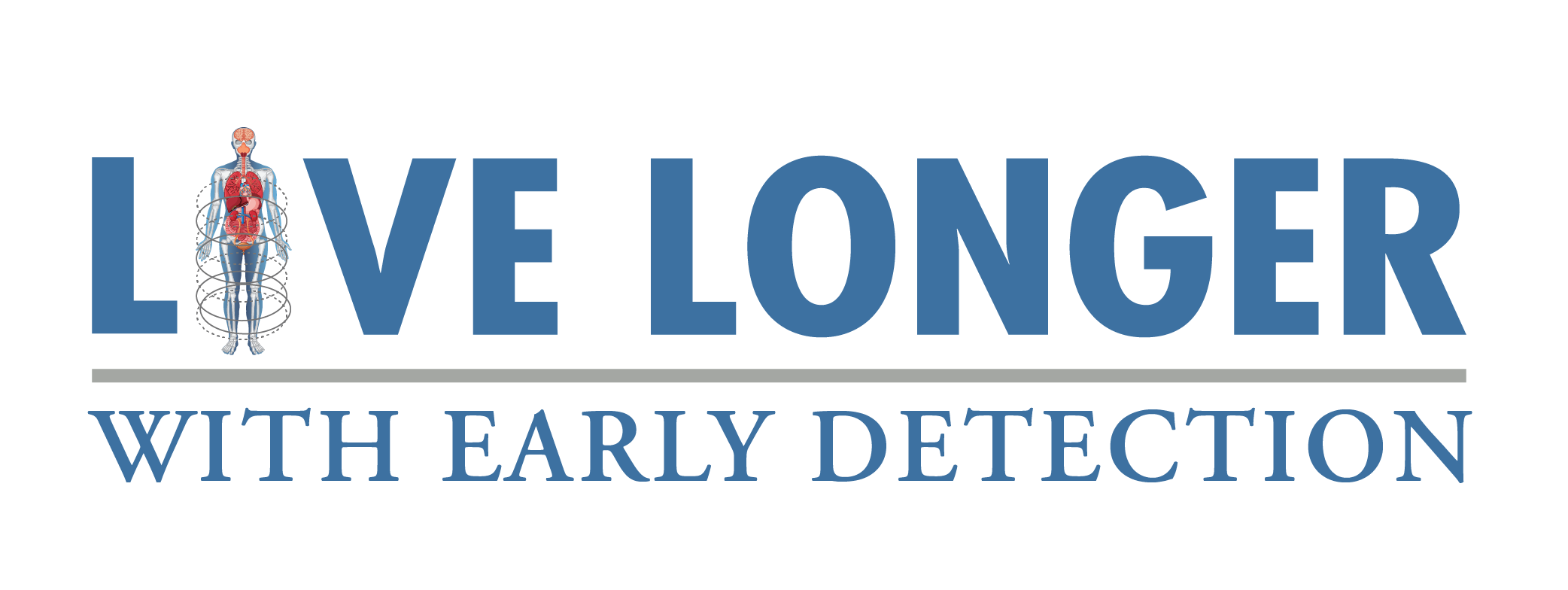Understanding Alzheimer’s Disease Screening
Alzheimer’s disease, a progressive neurodegenerative disorder, affects millions worldwide, causing memory loss and cognitive decline. Understanding how Alzheimer’s is diagnosed is crucial for early intervention and better management. Early detection not only helps in slowing the disease’s progression but also provides patients and families with the necessary tools and resources to cope effectively. This comprehensive guide explores the methods and importance of diagnosing Alzheimer’s disease, emphasizing the critical role of early detection.
Alzheimer’s disease primarily impacts memory and cognitive functions, gradually worsening over time. It is the most common form of dementia, a term encompassing various brain disorders affecting memory, thinking, and behavior. Early diagnosis is vital for several reasons:
- Preparation: It allows individuals and families to plan for the future, making informed decisions about care and treatment.
- Intervention: Early intervention can slow disease progression.
- Research: Contributes to advancements in research and treatment.
Early Symptoms of Alzheimer’s Disease
Recognizing the early symptoms of Alzheimer’s disease is crucial for timely diagnosis and intervention. Here are some key early signs to watch for:
Memory Impairment
One of the earliest and most common symptoms is difficulty remembering recent events or information. This often manifests as repeatedly asking the same questions or forgetting important dates and appointments.
Concentration Issues
People with early Alzheimer’s may find it increasingly hard to focus, plan, or solve problems. They may struggle with tasks that require concentration, such as managing finances or following a familiar recipe.
Difficulty with Daily Tasks
Challenges in completing everyday tasks can be another early sign. Individuals might have trouble driving to a familiar location, organizing a grocery list, or remembering the rules of a favorite game.
Confusion
Disorientation regarding time, place, or even familiar environments is a notable symptom. People might forget where they are, how they got there, or the passage of time.
Visual-Spatial Problems
Difficulty judging distances and depth can lead to accidents or getting lost. Individuals might also misplace items frequently and struggle to retrace their steps to find them.
Language Issues
Trouble finding the right words or experiencing a noticeable reduction in vocabulary can occur. This can lead to halting conversations or repeated interruptions as the person searches for the correct terms.
Poor Judgment
Making uncharacteristically poor decisions, such as giving large amounts of money to telemarketers or neglecting personal grooming, can be an early indicator.
Social Withdrawal
Avoiding social engagements and withdrawing from hobbies, work activities, or sports they once enjoyed can signal the onset of Alzheimer’s. This withdrawal may stem from difficulty in keeping up with conversations or remembering the rules of the activity.
Mood Changes
Depression, anxiety, and other mood changes are common. Individuals might become easily upset in unfamiliar situations or feel overwhelmed and suspicious.
Recognizing these early symptoms can lead to a prompt diagnosis and early intervention, which are crucial for managing Alzheimer’s disease effectively.
The Diagnostic Process for Alzheimer’s Disease
Medical History and Physical Exam
Diagnosis typically starts with a thorough medical history and physical exam. A healthcare professional will review symptoms, medical history, and medication use. Interviews with close friends or family members can provide additional insights into the patient’s behavior and cognitive changes.
Cognitive and Memory Testing
- Mental Status Testing: Evaluates cognitive skills and memory.
- Neuropsychological Testing: Conducted by specialists to assess memory and cognitive abilities comprehensively.
Laboratory Tests
Lab tests rule out other conditions causing similar symptoms. Tests might include:
- Thyroid Function Tests
- Vitamin B-12 Levels
- Cerebrospinal Fluid Analysis: Measures amyloid and tau proteins, which are indicative of Alzheimer’s.
Brain Imaging
Brain imaging helps identify brain changes associated with Alzheimer’s and rule out other conditions:
- Magnetic Resonance Imaging (MRI): Provides detailed brain images.
- Computerized Tomography (CT): Offers cross-sectional brain images.
- Positron Emission Tomography (PET): Detects amyloid plaques and tau tangles.
Interviews with Family and Friends
Healthcare professionals may ask family members or friends about changes in the patient’s behavior and cognitive abilities, providing crucial information for diagnosis.
The Future of Alzheimer’s Diagnosis
Researchers are developing new methods for earlier diagnosis, such as blood tests to detect amyloid or tau proteins before symptoms appear. These advancements hold promise for identifying at-risk individuals and intervening sooner.
Benefits of Early Diagnosis
Access to Treatments
Early diagnosis allows for timely treatment, which can slow cognitive decline and manage symptoms effectively. It also opens the door to clinical trials and new therapies.
Planning for the Future
Knowing the diagnosis early helps families plan for future care and make informed decisions about financial and legal matters. It enables the development of strategies to manage daily life and maintain safety.
Reducing Caregiver Burden
An early diagnosis provides caregivers with the information and resources needed to support their loved ones effectively, reducing stress and improving quality of life for both patients and caregivers.
Why Choose Live Longer With Early Detection Cancer Screening for Alzheimer’s Screening?
Expertise and Experience
Our team of healthcare professionals has extensive experience in cognitive health assessment. Neurologists, cognitive specialists, and support staff are dedicated to providing accurate assessments and personalized care.
Cutting-Edge Technology
We utilize state-of-the-art neuroimaging techniques and cognitive assessments to deliver precise Alzheimer’s screening.
Compassionate and Supportive Environment
We offer a compassionate and supportive environment, making the screening process as comfortable and stress-free as possible.
Personalized Care
We develop tailored care plans for each patient, considering their specific needs, risk factors, and cognitive health history.
Continuous Monitoring
We provide ongoing monitoring and follow-ups to track cognitive changes over time and adjust treatment plans accordingly.
Education and Awareness
We provide educational resources to help patients and their families understand Alzheimer’s and make informed decisions about care and treatment.
Take Control of Your Cognitive Health
Alzheimer’s is a formidable adversary, but with Live Longer With Early Detection Cancer Screening, you have a dedicated partner in maintaining cognitive health. Early screening can make all the difference, enabling access to the right interventions and support for a brighter future. Don’t wait for the symptoms of Alzheimer’s to become overwhelming. Contact Live Longer With Early Detection Cancer Screening today and take the first step towards preserving your cognitive well-being. Together, we can ensure a future where Alzheimer’s is not a sentence, but a condition that can be managed, understood, and ultimately conquered.
Live Longer With Early Detection Cancer Screening
- Location: Hollywood, FL 33021
- Call Us: +1 (800) 407-9260
- Email Us: contact@hdccancerscreening.com
Unlock the future of cognitive health with our comprehensive Alzheimer’s screening services. Take control of your health today!


